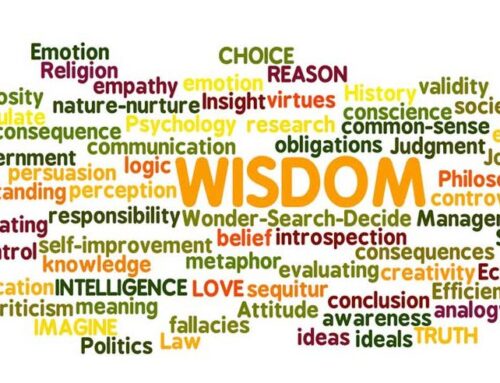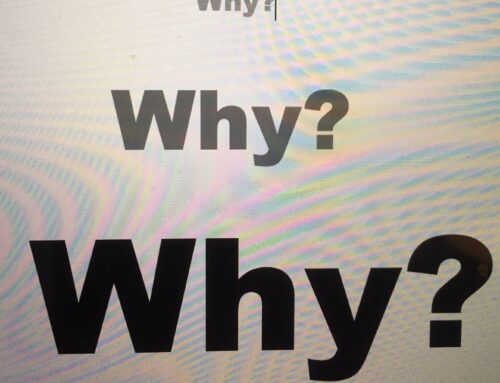 You’ve probably seen some of the popular videos of accidents happening to people who combine texting or talking on the phone with walking. ABC News has also reported on the phenomenon. The report included people walking into walls, ponds, sink holes, and even into Lake Michigan, as well as jaywalkers stepping in front of moving vehicles, and one man walking off a subway platform.
You’ve probably seen some of the popular videos of accidents happening to people who combine texting or talking on the phone with walking. ABC News has also reported on the phenomenon. The report included people walking into walls, ponds, sink holes, and even into Lake Michigan, as well as jaywalkers stepping in front of moving vehicles, and one man walking off a subway platform.
Scientists call the phenomenon “inattention blindness,” the report notes, adding that the number of emergency room patients has increased sufficiently for a number of states to pass “distracted walking bills.” (London has taken a gentler approach—padding street poles.)
Wait a minute. Isn’t multitasking a good thing? Doesn’t it enable us to get more accomplished in a shorter time and thus increase our efficiency? That is certainly what many “experts” told us in the 1970s and 1980s when they borrowed the term from computer terminology and applied it to humans. It means doing two or more activities simultaneously; or nearly so, with frequent and rapid back and forth shifts from one activity to another.
That advice was no doubt embraced by the people described in the ABC News report, as well as by those we see on the highway combining driving with eating, putting on makeup, shaving, blow-drying hair, or talking/texting on their cell phones.
But guess what? That “expert” advice is mostly wrong. Multitasking not only fails to live up to its hype; in many cases, it is less efficient than the old-fashioned way of doing things—carefully attending to one task before taking up another. I call the older approach monotasking.
Two studies led by J. Rubenstein found that doing more than one task at once presents a higher risk of error; also, that switching back and forth between tasks can cost up to forty percent of one’s productive time. And the more complex the task, the more time is wasted.
Rebecca Clay cites research showing that multitasking affects children’s learning negatively by changing its form, slowing productivity, and perhaps making relationships with others “more superficial.” One neurologist, Russell Poldrack, found that students who use smart phones while the teacher is speaking may grasp factual details but do not achieve genuine understanding.
Poldrack goes on to say that the “entire culture” is showing signs of the “difficulty in focusing and [the] distractibility” that is characteristic of attention deficit disorder. His conclusion is supported by a review of thirteen studies done since 1980.
Psychologist Tamara Waters-Wheeler notes that the problem students display is not so much inability to focus but instead inability to “block out” some things so they can focus on others.
What has happened in the case of multitasking is yet another example of a disturbingly common pattern in modern culture. Some new idea, product, or process is reported; enthusiasts proclaim it the solution to some real or imagined problem; and millions of people mindlessly accept it. Only much later do more thoughtful people test the claims and find them wanting. Meanwhile, the gullible have wasted their money and, in many cases, done themselves harm.
We shouldn’t have needed years of research to make us suspicious of multitasking. A few common sense questions would have done the trick. Would we want our accountant texting his friends while doing our taxes? Our dentist checking his stock portfolio while performing a root canal on us? Our orthopedic surgeon planning a cruise while operating on our knee or hip?
Do the research findings mean that we should never do two things at once? Not at all. While watching TV, for example, we can sort our mail, fold clothes, make a grocery list, shine shoes (if we still do that), floss our teeth, or pay bills. Multitasking is appropriate in such cases because none of the activities mentioned requires our exclusive focus. (If the TV program happens to be important enough to pay close attention to, we can still multitask during commercials.)
There’s a simple way to tell when to resist multitasking: consider whether, to be done really well, the activity in question requires your undivided attention. Whenever that is the case, forget about doing something else at the same time. Instead, monotask!
Copyright © 2012 by Vincent Ryan Ruggiero. All rights reserved



